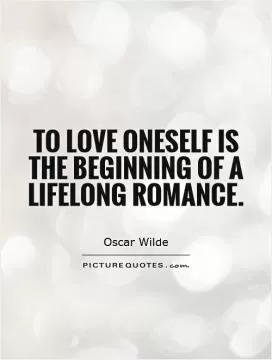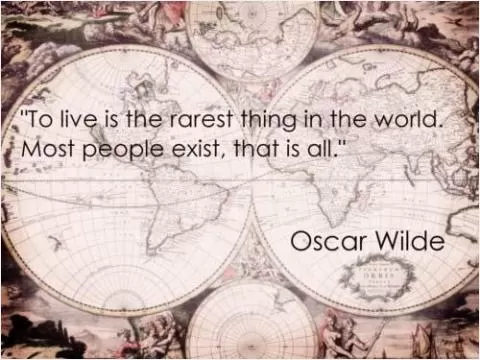Tell me, when you are alone with him Sphinx, does he take off his face and reveal his mask?

Tell me, when you are alone with him Sphinx, does he take off his face and reveal his mask?
In the world of Oscar Wilde, where wit and deception often go hand in hand, the question of masks and true identities is a recurring theme. The quote, “Tell me, when you are alone with him Sphinx, does he take off his face and reveal his mask?” is a poignant reflection of the complex nature of human relationships and the masks we wear to conceal our true selves.In Wilde’s works, characters often hide behind a facade of wit and charm, using clever words and elaborate disguises to mask their true intentions and emotions. The idea of a person removing their face to reveal their true self is a powerful metaphor for the vulnerability and authenticity that lies beneath the surface of our carefully constructed personas.
The Sphinx, a mythical creature known for its enigmatic nature and riddles, serves as a fitting symbol for the enigmatic nature of human relationships. In Wilde’s world, where nothing is quite as it seems and appearances can be deceiving, the question posed to the Sphinx becomes a profound inquiry into the nature of truth and authenticity.
When we are alone with someone, stripped of the distractions and pretenses of the outside world, we are forced to confront the reality of who they truly are. Do they remove their mask and reveal their true self, or do they continue to hide behind a facade of charm and deception?












 Friendship Quotes
Friendship Quotes Love Quotes
Love Quotes Life Quotes
Life Quotes Funny Quotes
Funny Quotes Motivational Quotes
Motivational Quotes Inspirational Quotes
Inspirational Quotes